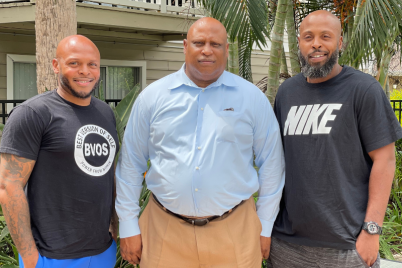St. Petersburg College continues to provide students with opportunities to grow in education.
PINELLAS COUNTY — As the demand for skilled professionals in educational fields continues to grow, St. Petersburg College has responded by implementing two new credentials – a Prekindergarten/Primary Education (age 3 through grade 3) Bachelor of Science degree and a Training and Development Advanced Technical Certificate.
The credentials will meet workforce demand for preschool teachers and training and development specialists, respectively. SPC previously offered the Prekindergarten/Primary Education bachelor’s degree, but enrollment had been paused while the program was re-tooled to comply with changes in early education requirements.
The degree prepares students to teach ages 3 through Grade 3 and allows graduates to earn teacher certification in PreK/Primary as well as endorsements in ESOL (English to Speakers of Other Languages) and Reading.
“The Pre-K/Primary degree was reignited due to the number of children attending Volunteer Pre-Kindergarten rising in the public school system,” said Heather Duncan, Ph.D., Associate Dean of SPC’s College of Education. “As more elementary schools are bringing in children as early as three years old, more qualified teachers are required who understand the needs of young children. There is a high demand for preschool teachers that have a valid teaching certificate to fill that void in the public school system.”
As for the Training and Development Advanced Technical Certificate, graduates will be ready for a career that will also continue to experience significant growth. According to the U.S. Bureau of Labor Statistics, the projected employment for training and development specialists in Florida will increase by 22 percent through 2031.
The six-course certificate prepares graduates to train volunteers in nonprofit organizations, teach adult learners in workforce development, literacy, or personal development programs, and take on training or development roles in government or the private sector, including companies in manufacturing and technology.
“This certificate directly addresses workforce needs and emphasizes the application of adult learning theory to the design, implementation, and assessment of adult training programs across a diverse set of organizations,” said Michael T. Poulin, Ed.D., academic department chair for the College of Education.
Admission to both programs requires an associate degree from a regionally accredited college or university.
If you have questions about the bachelor’s degree program, contact Pat Roper at roper.pat@spcollege.edu. For certificate program questions, email Susan Weber at weber.susan@spcollege.edu.








